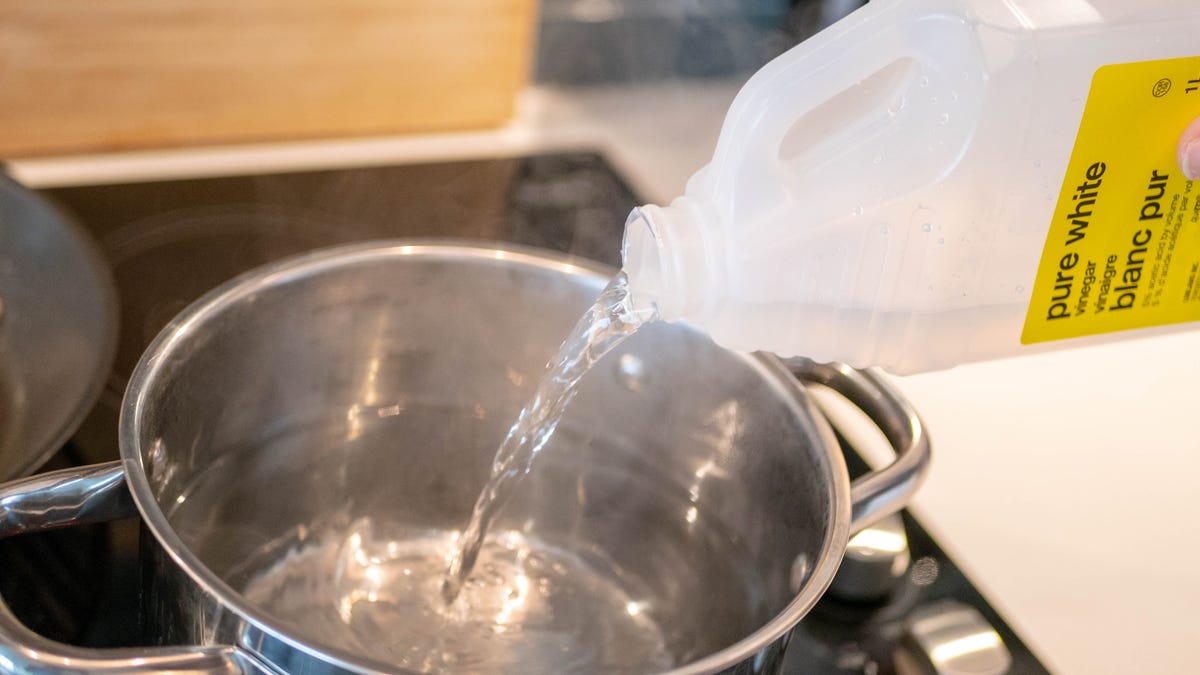Here’s a new tool to detect breast cancer genes in Asian women, developed by a M’sian team
ARiCa (Asian Genetic Risk Calculator) is a genetic test developed by Cancer Research Malaysia to detect breast cancer genes in Asian women.

Over the years, we’ve seen a surge of genetic tests crop up. They range in a variety of services, from telling your heritage statistics, to ways to keep healthy based on your DNA, and even genetic matchmaking for romantic compatibility.
Cancer Research Malaysia has developed a new tool in the lines of genetic testing—hopefully for breast cancer treatment and prevention.
 Image Credit: Cancer Research Malaysia
Image Credit: Cancer Research MalaysiaHere’s why there’s a need for it
Deemed ARiCa (Asian Genetic Risk Calculator), the tool enables women with a breast cancer diagnosis to determine their likelihood of inheriting a faulty BRCA1 or BRCA2 gene.
Did you know: BRCA (from the full name BReast CAncer Gene 1 or 2) are tumour suppressor genes that control and slow down the growth of malignant (potentially cancerous) cells in the breast and ovaries.
 Image Credit: Cancer Research Malaysia
Image Credit: Cancer Research MalaysiaWhen it comes to breast cancer, data shows that one in 25 patients inherited a faulty BRCA gene, which may have been from a descendant.
Take me for example. My mother is a breast cancer survivor, and knowing this information keeps me aware of such risks in my own genetic makeup. Therefore, it is up to me to take the necessary precautions to ensure that I’m free of cancer, starting from a young age.
Genetic testing for a mutated BRCA gene is usually only offered to those who have been diagnosed with breast cancer, or have close relatives with breast or ovarian cancer.
But age and family history isn’t the only way to predict one’s likelihood of carrying a faulty gene. This means, there is a population of women who are unaware of their potential of developing such a life-threatening disease. They would therefore miss out on the opportunity of preventing it with the medical strategies available to them.
ARiCa is a genetic test developed to give access to these groups of women. It was also designed specifically for Asian women, addressing the gap in the market, whereby prior tests were catered to European women.
Made in Asia, for Asian women
 Image Credit: Cancer Research Malaysia
Image Credit: Cancer Research MalaysiaSuch mutation sampling technologies have existed for a while now. However, they are mostly developed by European countries, hence their target population. In fact, they are able to sample the presence of faulty BRCA genes in European women with up to 90% accuracy. But using the same tool in Asian women only offers 22% accuracy.
On the other hand, ARiCa is supposedly able to identify a faulty BRCA gene in Asian women with 71% accuracy. To test the viability of ARiCa, Cancer Research Malaysia collaborated with hospitals and medical research institutions around Malaysia and Singapore.
Their research looked at BRCA1 and BRCA2 in more than 8,000 breast cancer patients of Chinese, Malay, and Indian ethnicity from Malaysia and Singapore. Results were then used to develop a tool to provide women with results on their likelihood of carrying a faulty BRCA gene.
With ARiCa, women can be empowered to make informed choices about their health. In turn, healthcare practitioners can provide more accurate treatment plans for their patients.
 Image Credit: Cancer Research Malaysia
Image Credit: Cancer Research MalaysiaHaving such tools to identify a women’s risk of developing breast cancer can be beneficial for low and middle-income countries where the funding and infrastructure may not be able to support breast cancer screening and/or treatment for every woman.
Hopefully, with the increased awareness and precautionary methods in preventing and managing breast cancer, it will directly result in more recovery rates and less mortality too.
Learn more about ARiCa here, and Cancer Research Malaysia here.Read about other Malaysian healthtech solutions we’ve featured here.
 Hollif
Hollif 
































